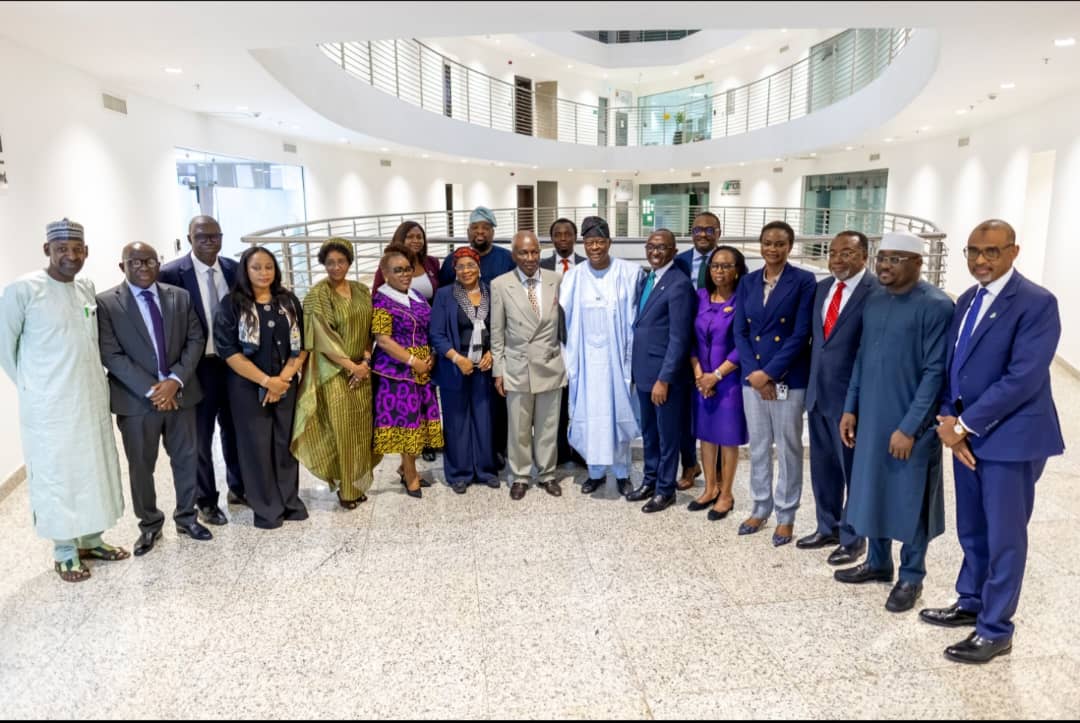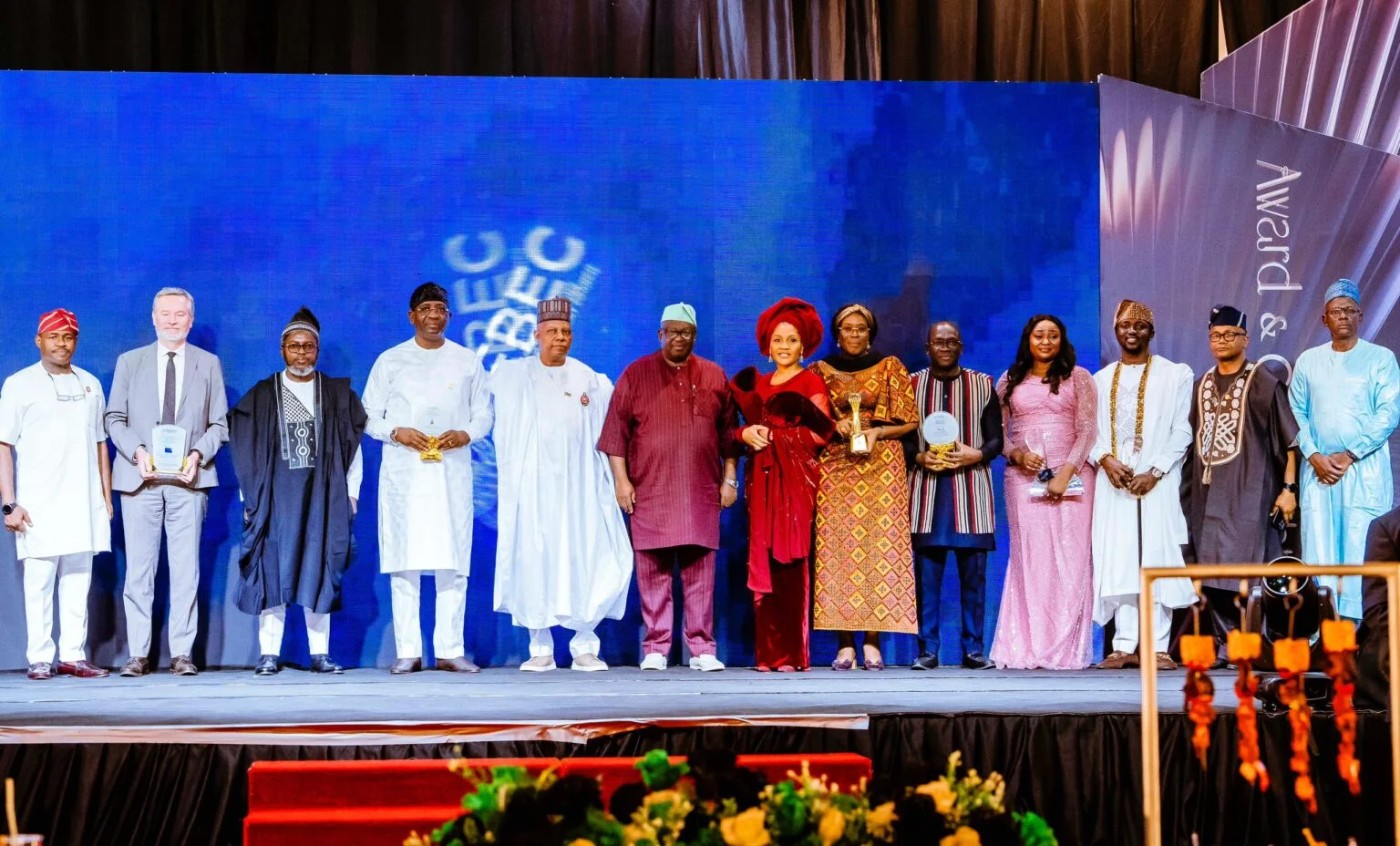Africa’s most populous nation, has formally institutionalized soil health as a core national infrastructure priority, according to Dr. Kingsley Uzoma, Special Advisor to the President on Agribusiness.
Speaking at the AFSF 2025, Dr. Uzoma detailed how the country is leveraging high-level political will to meet its commitments under the African Union’s major agricultural frameworks.
Recognizing the dire state of African soils—highly prone to erosion and low in critical macro and micronutrients, Dr. Uzoma announced that Nigeria is committed to exceeding the Nairobi Declaration’s target of restoring soil health on at least 30% of degraded lands. This ambition is codified in the recently launched National Soil Health Strategy, which moves beyond generic input provision to offer customized soil testing services for crop, livestock, and agro-pastoral communities nationwide.
This technical precision is essential for ensuring that the massive investments being made, such as those through the World Bank’s Food System Resilience Program (FSRP) and the Soil Values Program, are effective.
A key component of this national drive is the National Project for NATO, which aims to mobilize a movement to restore one million hectares of land by 2030.
Dr. Uzoma stressed that the sustainability of this entire effort hinges on the inclusion of young people, whom he described as the “missing link” in long-term soil health investment. “We must integrate our youth in from the beginning of every plan, every intervention, policy design, and framework,” he asserted, ensuring that the benefits of restored soil health are passed down through generations.
By aligning its national agenda with continental objectives like the CAADP Action Plan, Nigeria seeks not only to feed its own rapidly growing population but also to provide a scalable model for how African nations can transform their agricultural landscapes from a source of vulnerability to a foundation for resilient economic growth.





